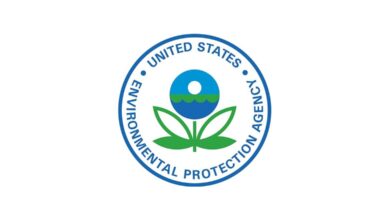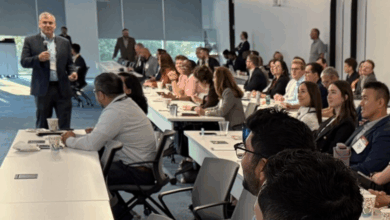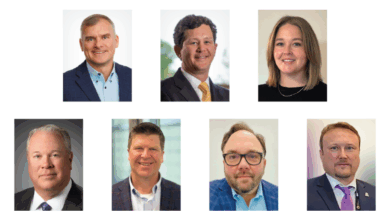Editorial: Center for Offshore Safety a key step for industry to embrace real change

In January this year, the National Commission on the Gulf of Mexico oil spill released its report along with several recommendations for changes to the oversight of offshore operations relating to both safety and protection of the environment. The commission recommended that the industry create its own oversight agency, independent of any groups with lobbying activities, that it create a safety management system based on the safety case approach used by several North Sea countries, and that it have a system of independent audits for verification of compliance.
In early March, IADC Executive Committee members hosted a meeting and dinner with several European members of the International Regulators Forum. During the open forum discussion, one of the regulators challenged industry participants with his observation that the offshore drilling industry did not have a culture of safety. In an impassioned response, several industry participants flatly disputed that claim and offered numerous examples of the significant strides that have been made in improving safety in offshore operations.
The regulators appeared to accept what was said, and the conversation moved to another topic where industry participants had less to say. The question raised by the regulators was, “What new systems or processes was the industry offering, then some 10 months following the tragedy in the Gulf of Mexico, to buttress safety oversight in the offshore industry?” The uneasy silence that followed the question was ended by a general comment on task forces and study groups and an implicit admission that the industry itself had not yet come up with any substantive changes to the safety processes in the Gulf of Mexico. That was about to change.
On 18 March, the American Petroleum Institute (API) announced plans to establish the Center for Offshore Safety (COS), and in early June, leaders of the COS Working Group held an informational meeting to introduce the center to a wide audience of operators, contractors and service companies. Based in Houston, the COS is expected to be up and running by the end of the summer and will be responsive to many of the recommendations of the National Commission.
A key objective of the new center will be to assist member companies in their implementation of API Recommended Practice 75, which relates to safety and environmental management systems (SEMS). Long voluntary in the US, compliance with RP 75 has now been mandated by way of new regulations that will go into effect in November this year.
Participation in the COS will be mandatory for API member companies with deepwater operations (greater than 1,000 ft), and participating company CEOs will be required to endorse the philosophies espoused by the COS. Participating companies will be required to share information on significant incidents and undergo third-party audits of compliance with their safety systems in order to attain certification. Safety statistics will be collected and compiled by the COS to document the industry’s progress on improving the safety of offshore operations.
Companies that fail to meet COS standards will be required to take steps to remediate deficiencies or risk potentially severe implications for their ability to work for other API member companies.
As this new system of self-regulation is rolled out, there will understandably be concerns on the part of contractors and service companies on several levels. What degree of detail, by company, will be made public or available to API member companies? What will be the process for disputing unfavorable audit findings, or the timing for remediating noncompliance? Will the major oil companies, who largely determine API policy, eventually expand the requirement for COS membership beyond just deepwater activities or US waters in order to work for them? How will this system be coordinated with the existing regulatory framework and will it meet the objectives of the US Department of Interior and its new Safety Advisory Committee in terms of strengthening safety practices in the offshore industry?
These questions are being addressed, and the whole creative process is being watched with interest by, and possibly implications for, the regulators for other offshore industries around the world.
In my opinion, the development of the COS and its administration under the auspices of the API’s separately funded and highly respected standards and certifications arm is an appropriate and necessary response by our industry to ensure changes are made in safety oversight following the tragic events of last year. Despite the initial objections of the National Commission, there is no other industry association with the scale, resources and influence to make a new system like this successful and sustainable.
The COS Working Group has been thoughtful and thorough in its approach to the structure of the COS and very responsive to the concerns of the contractor and service company members as to the complexities and burdens of how it will be put into practice. The COS will be governed by a board comprised of representatives from operators, contractors, service companies and trade associations, including, importantly, the IADC.
Over several decades and tens of thousands of well drilled, the offshore industry in the US has had one of the best records for safety and environmental responsibility of any industry in the country. But still Macondo happened, and tempting as it might be to refer to it as an outlier and point to the industry’s favorable statistics, we must embrace the need for substantive change to our safety processes to ensure it never happens again.
It is vital that we collectively work to restore public confidence in our industry’s safety and environmental performance – we operate in US waters at the pleasure of the citizens of this country, and we have to continually earn that right with the safe and successful completion of every well drilled. It’s our moral obligation to the people who work for us, and failure would be a threat to the viability of this industry.




